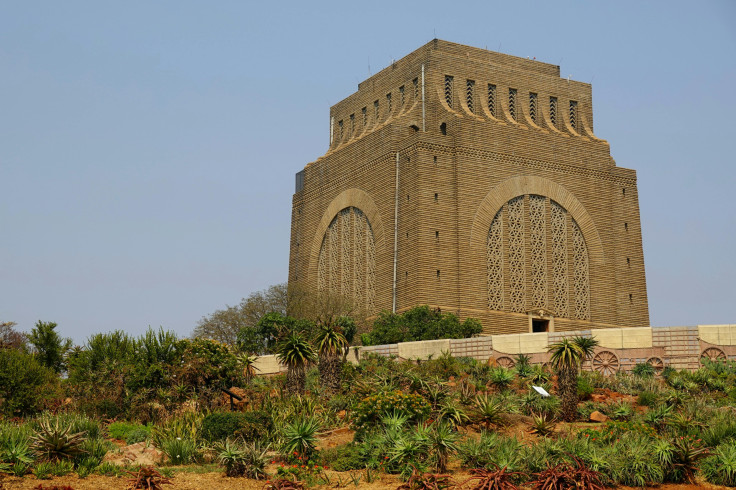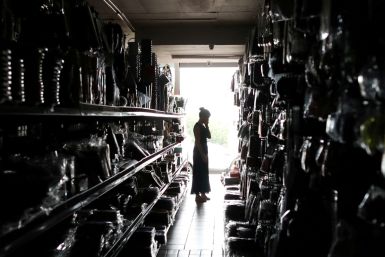Labor Minister Stresses Collaboration With Labor Unions For Fair Policies, Effective Enforcement

Employment and Labor Minister Nomakhosazana Meth highlighted the importance of working closely with labor federations to create fair policies and proper enforcement of the policies.
At the National Economic Development and Labour Council (NEDLAC) Annual Labor School in Pretoria, she explained that input from unions helps improve law-making, governance, and the department's ability to monitor compliance.
"The role of unions in a free South Africa has been a testament to the indomitable will of the South African people. The growth, strength and influence of unions play an indispensable role in advocating for workers' rights and ensuring that the economic gains of our country are shared amongst all its people," she said, SA News reported.
She added, "We recognize the transformative role that thought leadership and transversal coordination play in aligning policy, catalyzing industrial expansion, and equipping our workforce for tomorrow's opportunities."
Meth explained that NEDLAC, which includes members from the government, business, labor, and civil society, is a key platform for social dialogue in South Africa. It plays an important role in reaching a fair agreement on labor and economic laws.
She emphasized that NEDLAC's role will continue to be supported and that government departments must present all labor-related Bills to it. She also stressed the importance of allowing NEDLAC discussions to take place fully before Parliament finalizes any laws, ensuring inclusive policymaking.
Meth pointed out South Africa's high unemployment rate, particularly among youth, which reached 45.5% in the third quarter of 2024. She noted that these troubling figures reflect widespread poverty, social tension, and lost economic opportunities in communities across the country.
The minister said the youth unemployment crisis is especially severe, threatening to create a "lost generation" with limited long-term career opportunities.
She acknowledged that single programs won't solve the problem and that solutions must be part of broader plans like the National Development Plan (NDP), the Economic Reconstruction and Recovery Plan (ERRP), and the Medium-Term Development Plan (MTDP) 2024–2029.
These plans aim to create inclusive, structural change by bringing together public and private resources to drive sustainable growth and reduce inequality. After the 2019 changes, the Department of Employment and Labour expanded its role from mainly regulating labor standards to actively focusing on creating jobs.
Meth explained that this broader responsibility is built on three main pillars: coordinating efforts across departments to maximize impact, using data-driven insights to guide policy, and anticipating future skill needs.
The third pillar focuses on improving job creation projects and building partnerships between government, the private sector, and civil society.
In October last year, Meth announced plans to increase the number of labor inspectors from 2,000 to 20,000 to ensure companies comply with labor laws and help achieve the department's goals.
At that time, Meth said that every policy, program, and partnership should aim to create dignified, productive work for all. The minister also thanked organized labor for its activism and commitment to raising important issues in workplaces.
She called for unity among government, labor, business, and civil society to strengthen social partnerships and make inclusive growth a reality, a determination to improve the lives of all South Africans.
© Copyright 2025 IBTimes ZA. All rights reserved.

















